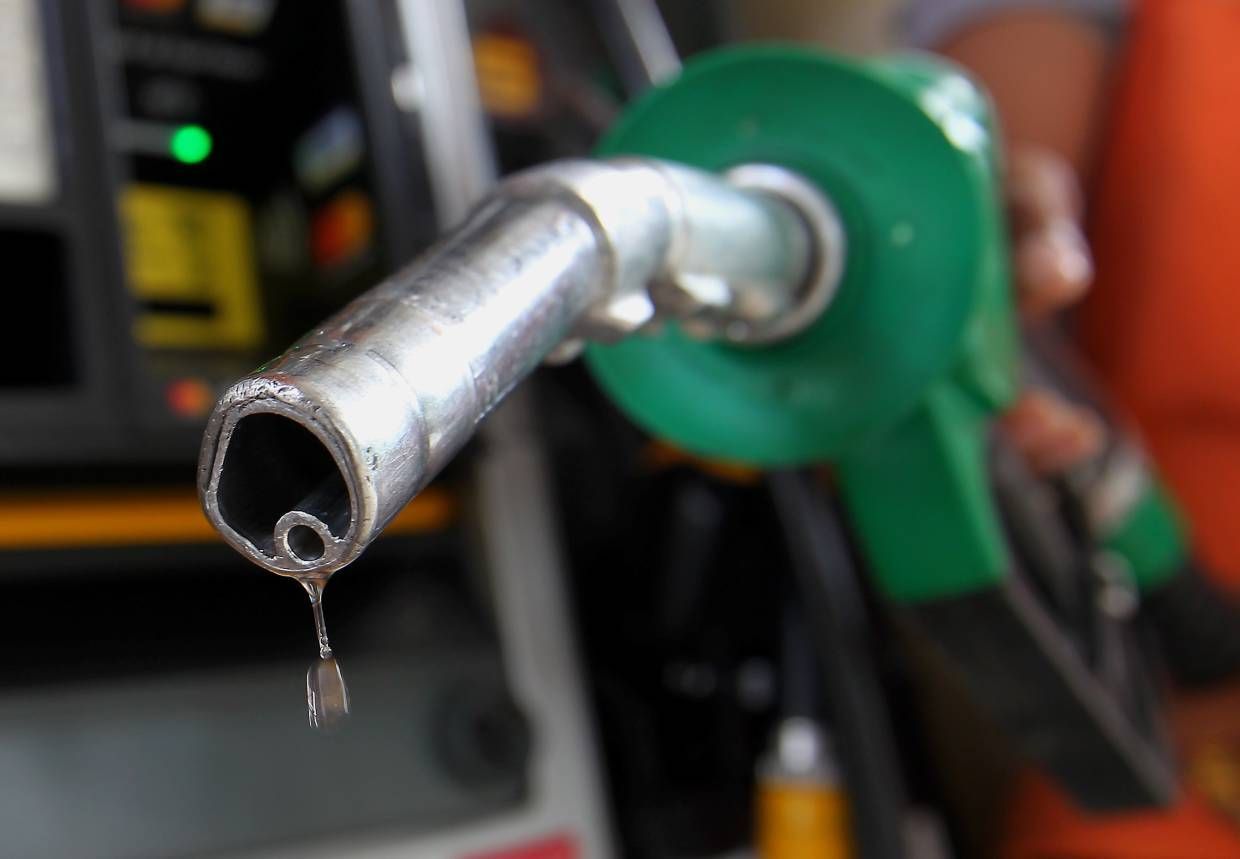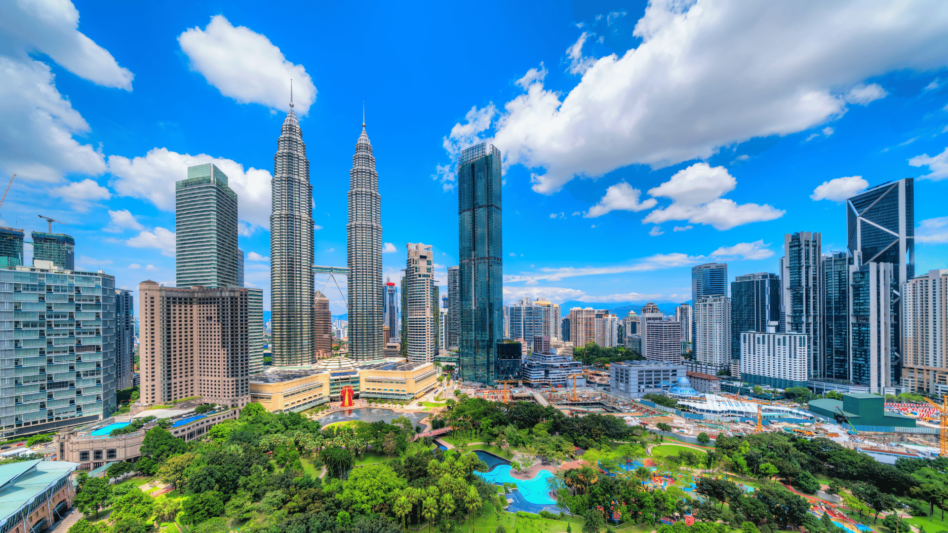MALAYSIAN citizens are now aware of the possibility for RON95 petrol subsidy will be discontinued starting June 2025.
Although the decision has not yet been finalised, the news create worries among the people, particularly those within the B40 and M40 groups. The question here is whether the year 2025 is the right time to impose such a decision.
The country has gone through many tough changes in 2024 including the discontinuation of diesel subsidy, floating pricing of certain commodities products, tariff increases on electric usages, and many others.
In addition, the public sectors employees recruited after February 2024 are no longer able to choose pension for their retirement plan.
On the same note, the public healthcare under the Health Ministry is facing major issues where more than 6,000 doctors who work under contract leave their jobs for other opportunities.
Despite all the challenges in 2024, the country is still moving forward and doing its best to improve the economics conditions by reducing the deficits. Most of the decisions made last year were to generate more incomes to balance the needs for every industry in Malaysia.
The decision to discontinue subsidy on diesel is essential due to high smuggling issues to neighbouring countries with losses of RM10 bil a year as reported by Bernama.
This is because the demand for diesel is huge for industrial purposes. Diesel has many uses such as for trucks, lorries, boats, ferries, generators, and these create the big demand for the ‘black market’.
Since Malaysia has cheaper diesel those time, it’s always been the target for smugglers to operate their business.
However, the situation for RON95 petrol is different. The demand for this type of petrol is not as high as RON97, RON100, and diesel.
This is because RON95 is only suitable for small vehicles and the use for industrial purposes is very small. The demand for RON95 in the ‘black market’ is not big and it can be controlled by the related authority agencies.
This led to the question whether the savings generated from the discontinuation of subsidy will overcome the cost of changing the system for targeted subsidy as suggested by the government.
The discussions for the best practice for targeted consumers were highlighted in the Parliament sessions in November 2024. The options discussed range from identity card verifications to applying integrated system within the petrol stations provider.
Both options have their own cost that the government must pay. The systems may require private sector expertise where the cost will be incurred for purchasing or leasing. Not to mention the maintenance cost and the repair cost in case of system breakdown.
Another risk is whether the system will work efficiently and will not cause any chaos or long que at the petrol stations.
There are also potential total system breakdowns that may cause the targeted subsidised consumers not able to purchase their RON95 within the stipulated rate, or the system may allow all consumers to purchase at the subsidized rate without being in the targeted groups.
To reduce the economics deficits, allowing discontinuation of subsidies may seem to be the faster solutions. However, RON95 is used by most of the citizens, and it is essential for them to commute to the workplace, sending their children to schools, completing daily errands, and many more.
There are many pressures endured by Malaysians in 2024 with the policy changes and the higher cost of living since post-COVID-19.
Perhaps giving some air for them to breathe in 2025 can be the best gift from the government by postponing the decision to discontinue RON95 subsidy to later years. – Jan 14, 2025
The author is a Senior Lecturer at the Faculty of Business and Economics, Universiti Malaya.
The views expressed are solely of the author and do not necessarily reflect those of Focus Malaysia.
Main image: The Star









